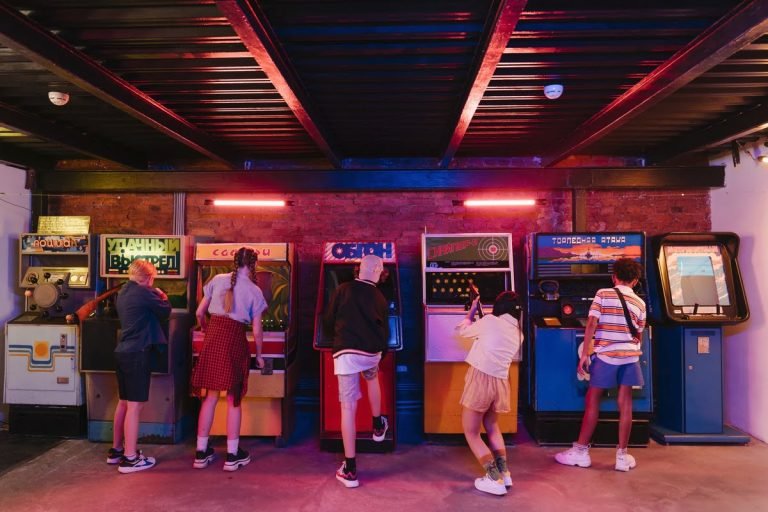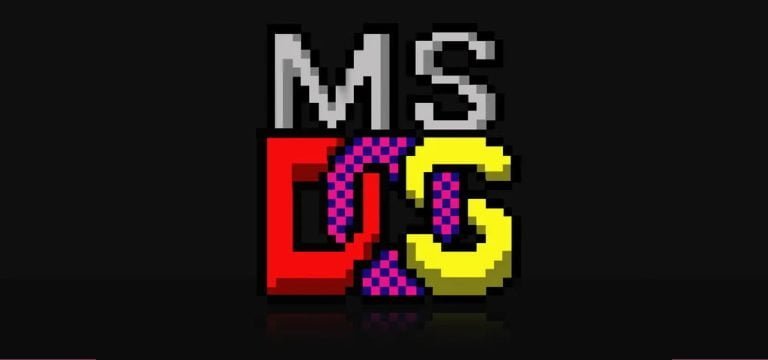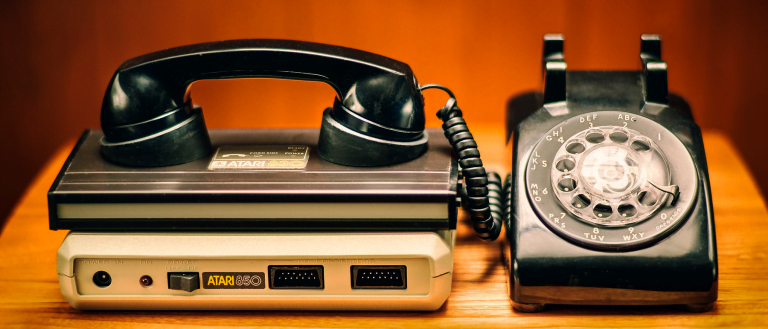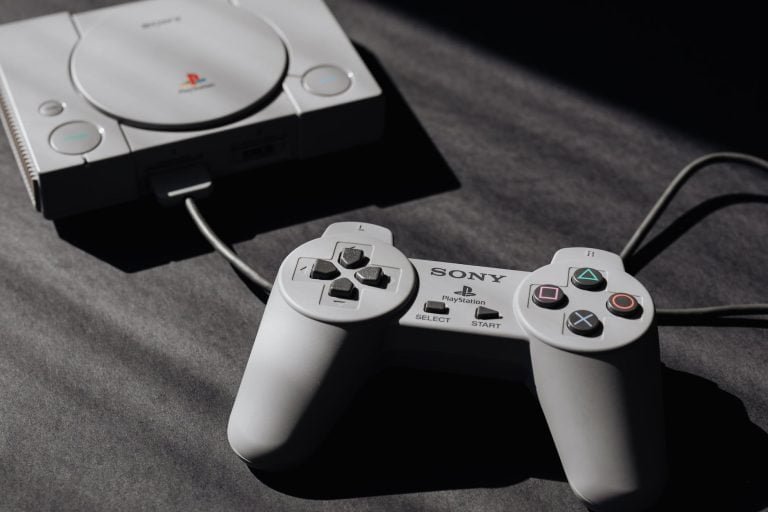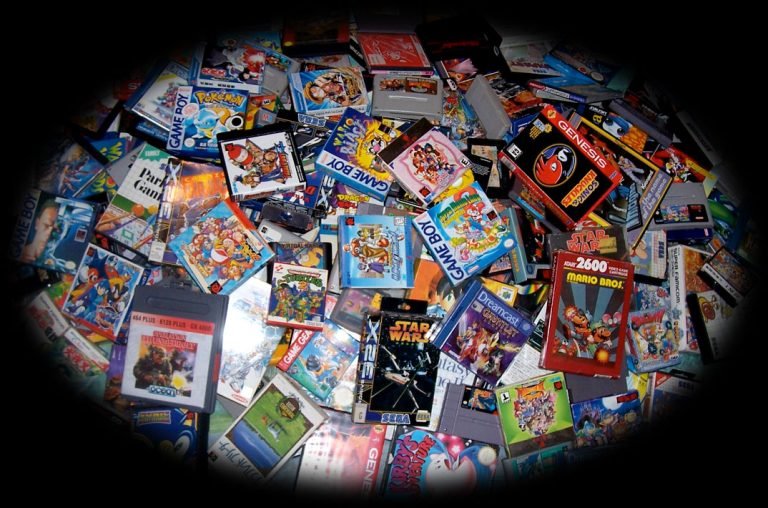The Future Sound of Now – CD Quality Audio in Games Back in the 1990s
Last Updated on March 22, 2023
CD quality audio’s arrival was a big thing back when entertainment appliances were still trying to look like real wooden cabinets. A couple of my uncles were stereo enthusiasts and I can recall them and my dad discussing whether it was reasonable to shove all their records away and start again with CDs.
There were back-and-forths, and at no point did anyone bring up the value of tapes, which was how I was listening to music at the time. Unless I was on my Mega Drive in which case the quality of sound was directionally proportional to how much cartridge space developers left for it.
That first Mortal Kombat conversion? They might as well have handed the remaining sound space to the deaf for all there was of it.
Space was always at a premium on a cartridge, even after Electronic Arts started making them so big they almost required planning permission to fit into the console itself. Then Codemasters would top even that with their stupendous cartridge/two-port controller plug fandango for Micro Machines 2. (Incredible, but for another time; for when I want to talk about how multiplayer games like Micro Machines or Super Mario Karts can lead to near death or worse.)
CD quality audio is a much happier affair though, especially as regards video gaming as it turns out. You see my dad and the uncles weren’t sure about this new digital fidelity. They missed the crackles and warm ambience of vinyl. No one complained about that or anything else to do with it once that fidelity started to come to gaming. It sounded fantastic with the Mega CD and then blew the roof off the hall with the arrival of the Saturn and PlayStation over that long summer of 1995.
That first Mortal Kombat conversion? They might as well have handed the remaining sound space to the deaf for all there was of it.
It mattered not what you had heard before, or however much you liked the music in Streets of Rage, if you bought a Saturn you had never heard anything like the soundtrack to Panzer Dragoon.
And if you bought a PlayStation (more likely), then you were almost sure to have taken a copy of WipEout with you. That’s what my brother did and I have a story about confronting the music in that game.
Reach for the lasers
It was September 1995 when WipEout first graced the common British man and his CRT; grunge was dead (nothing new there), I was listening to The Black Crowes (nothing new there), and in the midst was a great mass of popular and underground dance music which I did not like. Not a bit of it. Not one bleep or boom.
But then, I was fifteen years old and had never taken drugs or played a round of intense thirty-two-bit anti-gravity racing. One of those things changed with the arrival of a PlayStation into the house and with it a copy of WipEout.
Now I hated dance music as I say, hated it right up until after I played this game and quickly disagreed with myself about dance music. I loved dance music and started referring to it as techno. I recorded the soundtrack of the game to tape and would listen to it during break time at school.
I was soaked in techno through this game; the semi-organic futurism of a Leftfield soundscape (or ‘song’)
How wonderful that early PlayStation games featured accessible soundtracks which could be played on your Hi-Fi. I was soaked in techno through this game; the semi-organic futurism of a Leftfield soundscape (or ‘song’), the pounding crescendos of Chemical Brothers, even the semi-industrial unpleasantness of Orbital, the soundtrack to this game was some master key that opened my ears to my heart.
I didn’t dance to it.
Fifteen-year-old me did not dance, not even on a weekend, because I would have been clearing out horse shit from a stable yard. The future of music might have arrived to my ears but my legs and arms would take a few years to catch up, and even then most would not recognise my dancing as anything other than a menace to the proximity of my fellow jivers.
My fingers danced with the game though, the cross button pressed down the whole race, square firing weapons to all and sundry while the shoulder buttons twisted the air brakes and made my tongue poke out. Goodness, it was a fast game at the harder levels and any clean lap would transcend what I expected a game to achieve.
It was a piece of art, its every minor defect signifying that fact. It was techno and it changed the relationship of soundtracks to their games. WipEout was largely a pre-packaged soundtrack but it heralded a new generation. What if a video game could have a soundtrack as big as a film? Panzer Dragoon gave us that with swirling strings and laser beams, but there were other leaps in sound made along with it, ones that offered sports commentators another revenue stream.
CD quality audio fidelity for goalposts
Fifa International Soccer had been a big deal in my house back when it came out in time for Christmas 1993. It was played with enthusiasm by myself and my brothers and caused the end of several control pads in the doing of that enthusiasm.
We couldn’t imagine how good Fifa ‘96 was going to be on the PlayStation and quickly realised, once we were playing it, that the developers didn’t seem to realise how good the game could be either.
Goodness it was dreary, despite the promise of Virtual Stadium Technology. Unless brown Crayola graphics and a resolution lower than limbo dancing are what a “virtual stadium” is? It certainly hadn’t been in the older games, they were bright with colours and atmosphere and had animation which was congruent enough to how a human moves. Fifa ‘96 had none of this, but it did have actual commentary from someone that you could recognise from’t telly.
Now Fifa ‘96 wasn’t the first to do this, but by golly it was the first to get John Motson and he was football commentary at the time. His intonations gave the whole experience an air of sudden familiarity and did for sports games what WipEout had done for soundtracks. It took them to them ever so close to the quality of the older media competition.
There was true sympathy for the first time.
It wasn’t quite full simulation commentary by Fifa ‘96, and probably still isn’t, but it was a reasonable echo of the real thing and that was a fresh sound to the ears. I have listened to some recently and it is not unexpected that what was once fresh is now disintegrated and mulching; but while it was in its’ season that commentary was tremendous, and the only thing about the game that ever was.
Fifa ‘96 was the first to get the late John Motson and he was football commentary at the time
If you are reading this and considering going back to it, know that I have and you are pardoned from doing so. Go back to something good from that year like Tekken. Remember how ambient that soundtrack was?
It still is.
Advances that CD quality audio brought were never so great to other media as they were to gaming. It wasn’t just the fascias that leapt into another dimension, they took sound design with it and together made fast work of making home cartridge gaming a toy. Nintendo kept it going with the N64 for a little while I suppose.
Good for them.
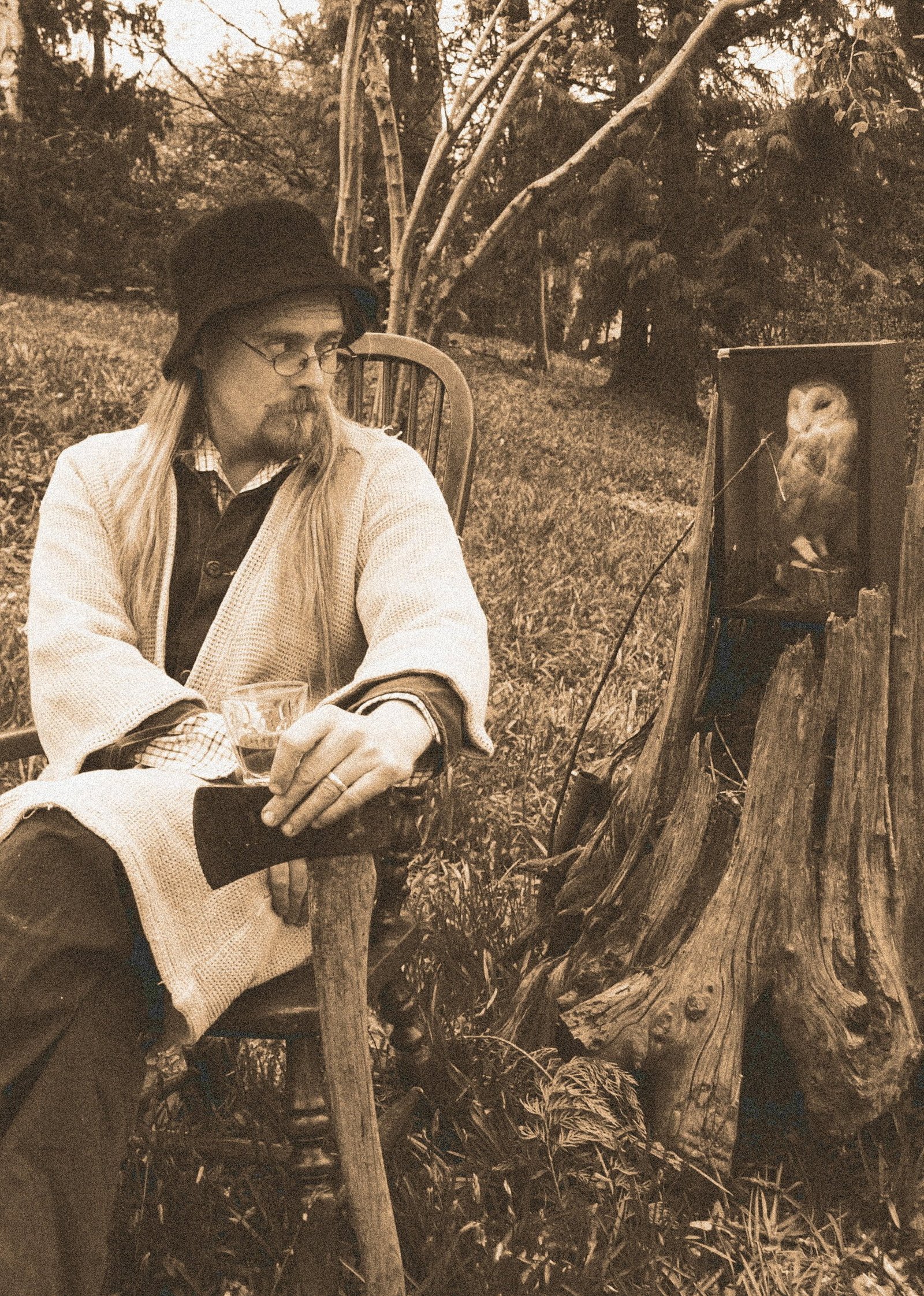
John is a writer and gardener. He comes with various 90’s Sega attachments and is the author of The Meifod Claw and other works. His favorite tree is a copper beech and he would like his coffee black without sugar, thank you.
